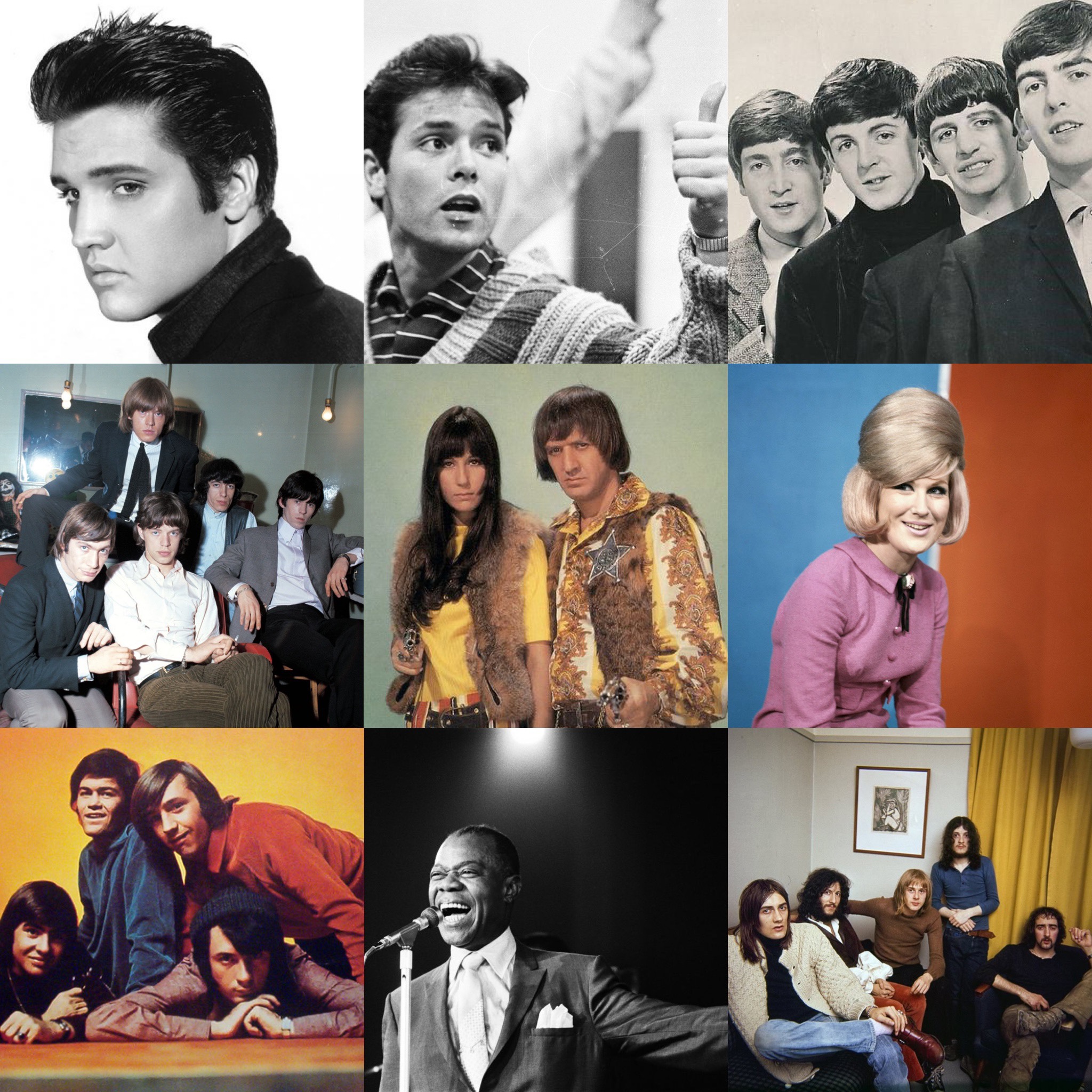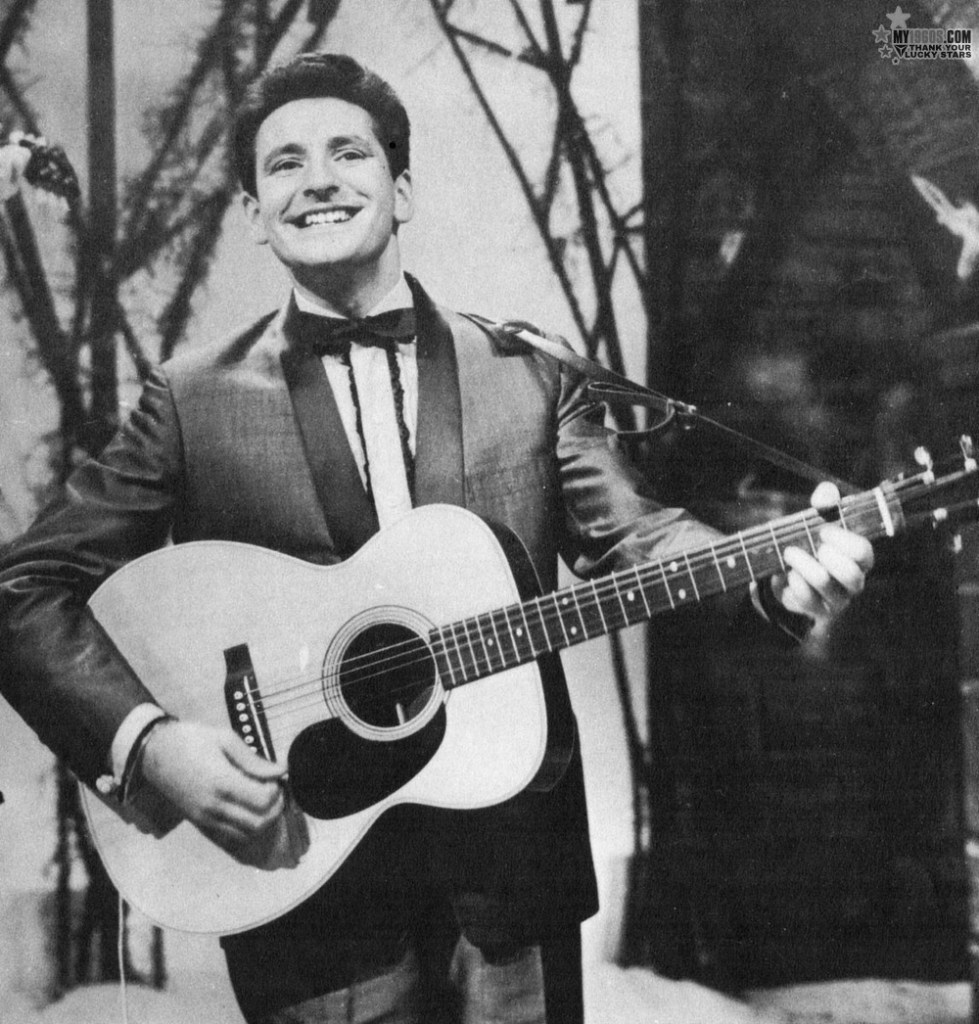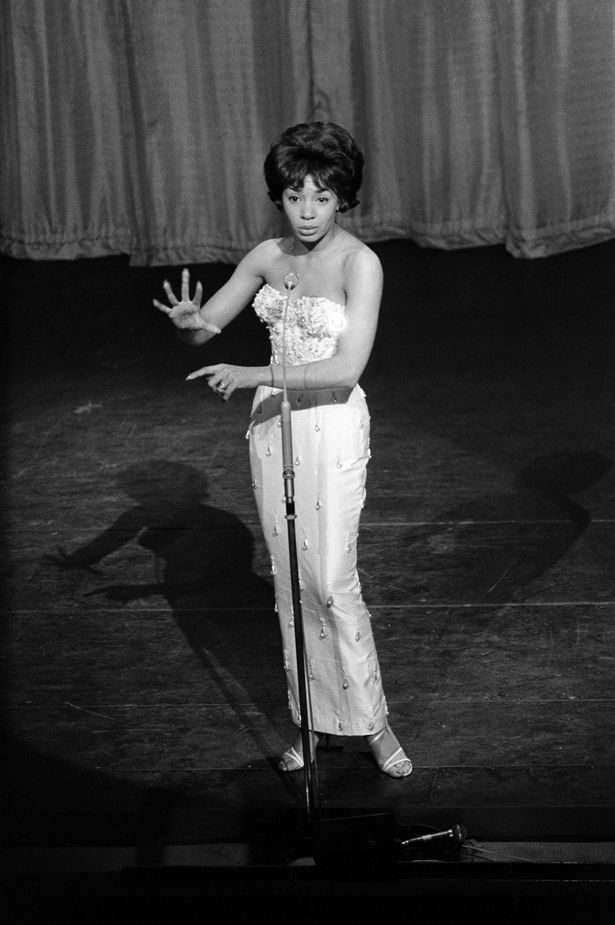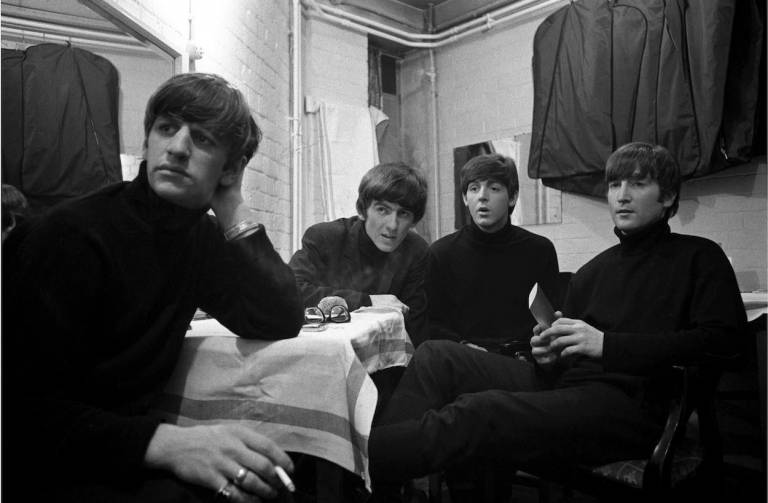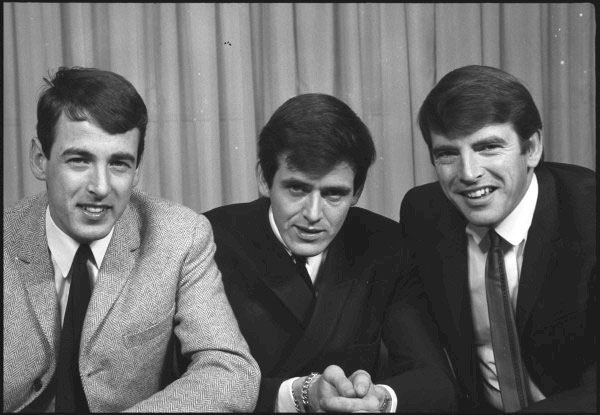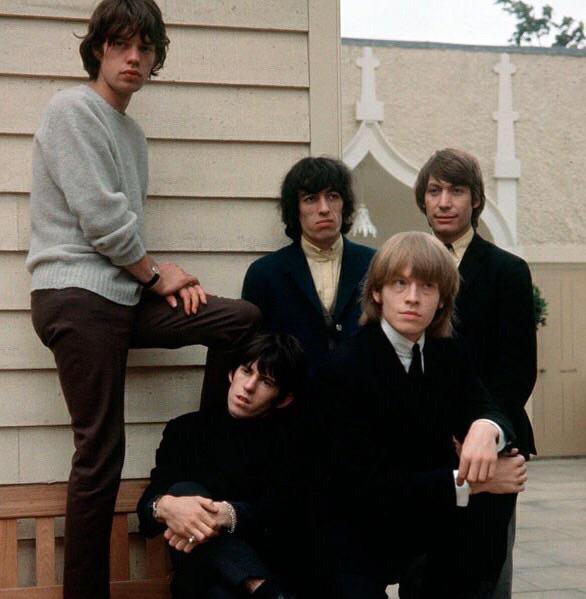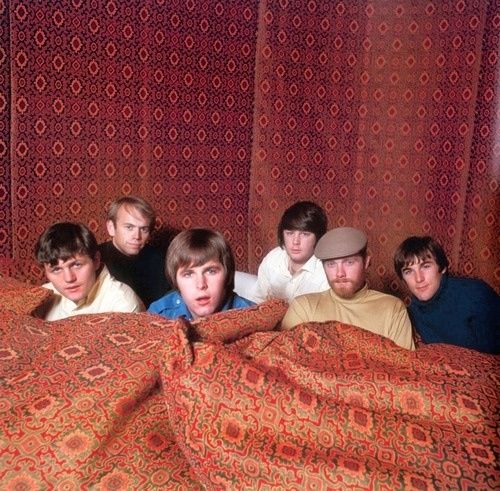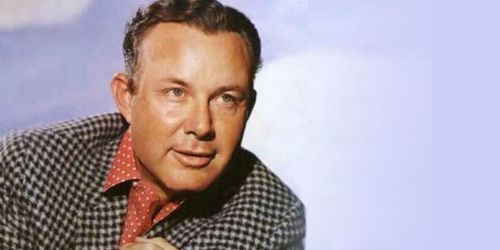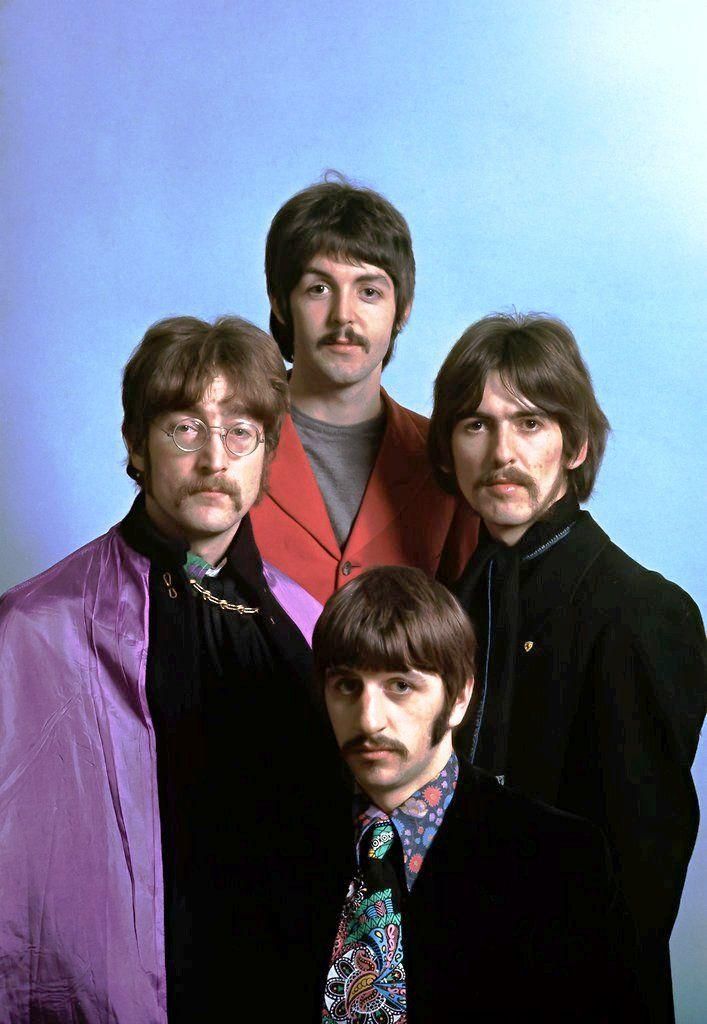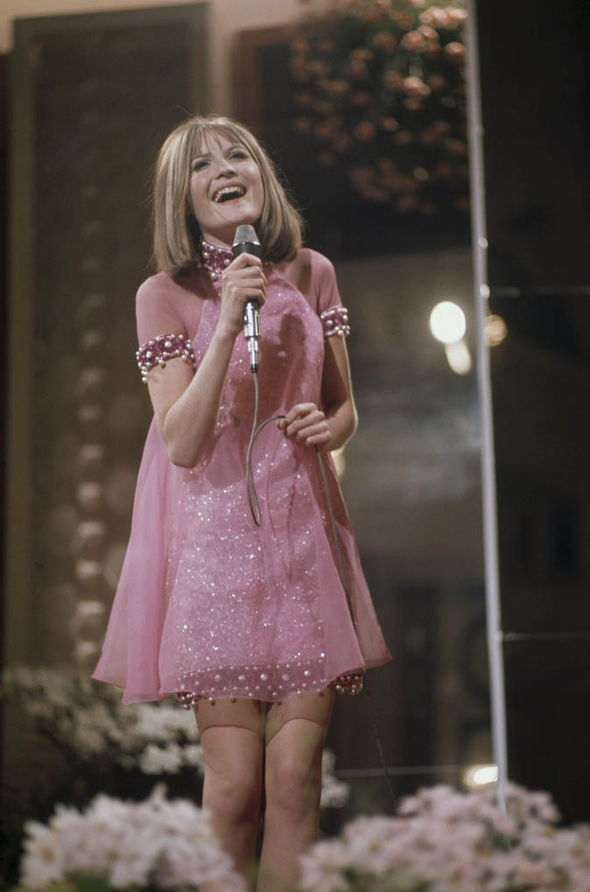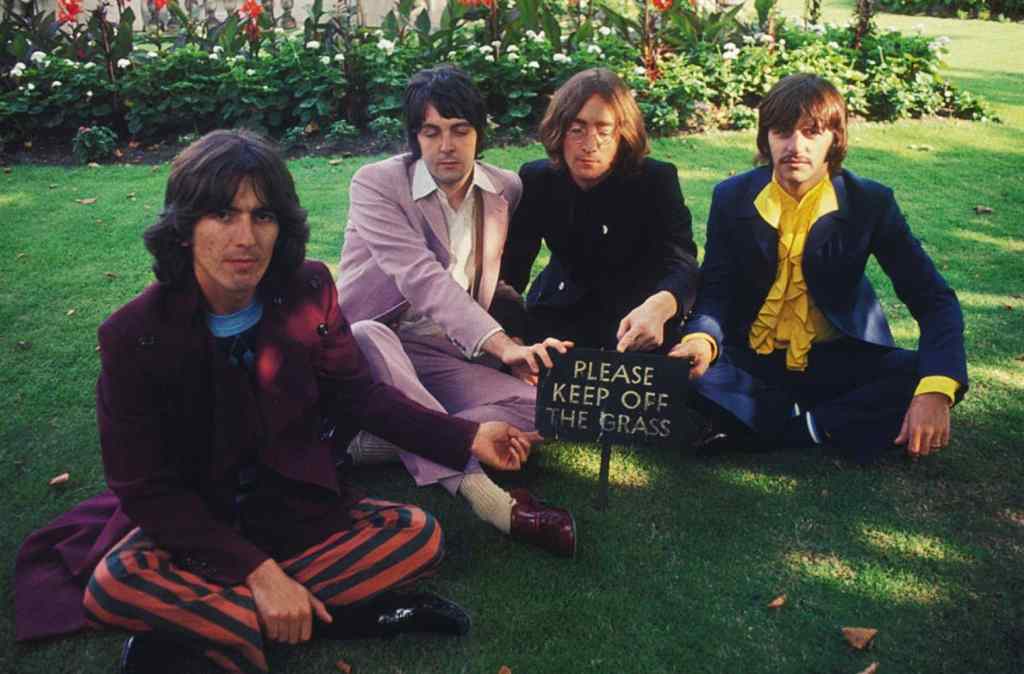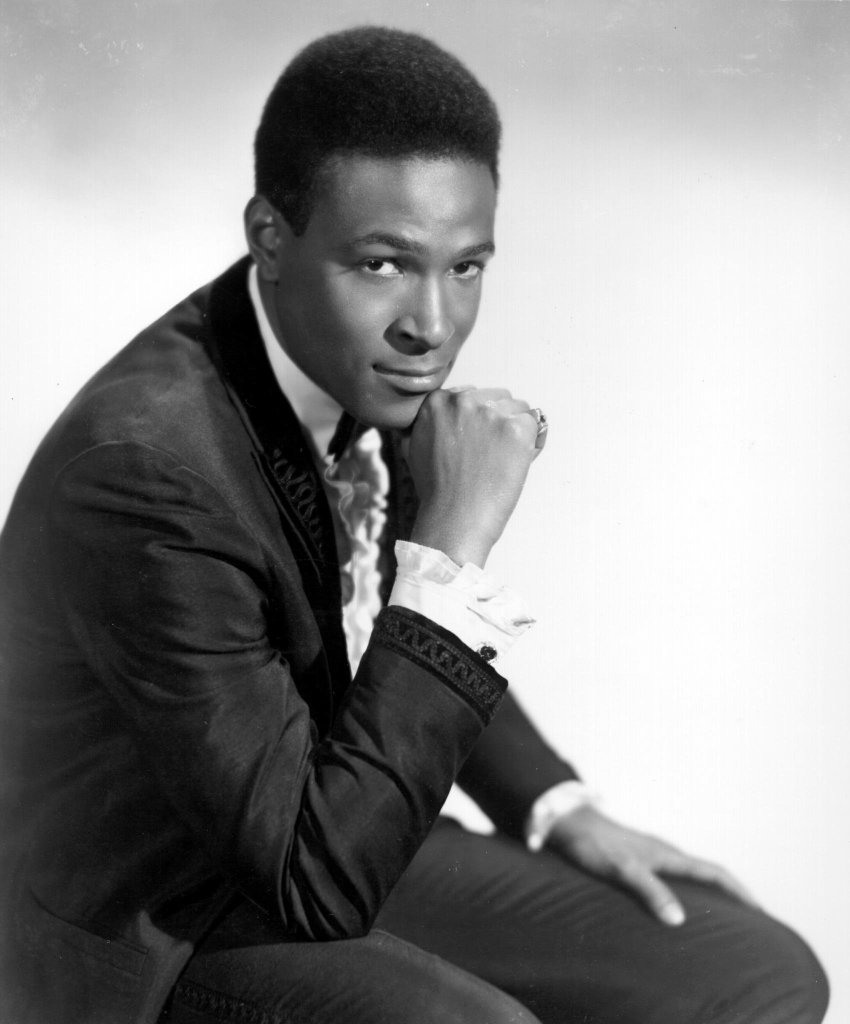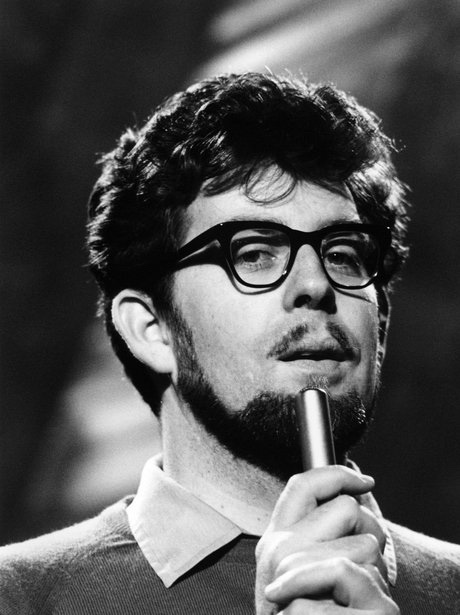
The Intro
Back to my occasional number 2 spin-offs. I’ve nearly finished writing my reviews of every 70s number 1, and realised I hadn’t yet done the runners-up of the 60s. And it’s a wonder, because some of the greatest number 2s in history came about in the 60s. One in particular is so good, I’m thinking it’s already a foregone conclusion that it’s the winner. While this is very likely, it still gives me chance to listen to some old favourites and a surprising large amount I’d never heard before.
So, as usual, I’ll pick a best and worst for each year of the decade, and then an overall pick for best and worst of the decade. And the songs I run through reached no higher than number 2, so future and past number 1s aren’t included.
1960
A very typical mix rock’n’roll tracks and rather dull traditional pop kicks the decade off. Cliff Richard and The Shadows crop up A LOT in this list and here’s the first. Voice in the Wilderness, thanks to some nice guitar from The Shadows, is probably his best of the decade, from the film, Expresso Bongo. Johnny Preston’s Cradle of Love is far less weird than his chart-topper Running Bear, but it’s still pretty odd lyrically, as it’s full of nursery rhyme references. Connie Francis had some great number 1s, but the double A-side Mama/Robot Man is poor in comparison. Particularly the former. The latter, sadly, isn’t the brilliant indie-funk by The Aliens. Duane Eddy crops up for the first time with Because They’re Young, co-produced by Lee Hazlewood. And Elvis Presley is here too, with the B-side of It’s Now or Never. Nice barrelhouse piano, but it’s not up there with his classics. As usual, Shirley Bassey hurts my ears with her version of As Long as He Needs Me from Oliver!. The year ends with one of the more famous early singles here, Save the Last Dance for Me by The Drifters.
The Best

Percy Faith –Theme from ‘A Summer Place’
This was a surprise. Perhaps I picked it because it was the one I was most familiar with, but it still seems odd it won out. Not normally my sort of thing at all but the tune is simply very good isn’t it? The original version had lyrics and was written for the 1959 film starring Sandra Dee.
The Worst

Connie Francis – Mama/Robot Man
Ugh. I expected better from Francis after her great chart-toppers. Mama is awful. Yes it is an Italian song, from the 40s, but listening to her over-the-top performance in Italian is cringeworthy and it’s really dated compared to her own rock’n’roll-style numbers. Robot Man is more like it, a catchy pop number about how Francis would prefer a robot boyfriend as it wouldn’t let her down… Just a shame it’s not the indie-funk classic by The Aliens that shares its title.
1961
Only a small selection, but they’re all pretty good. Duane Eddy is back with another pretty cool instrumental. Pepe originally featured in a musical comedy of the same name. Eddy’s version has some nice, raucous backing vocals. It’s followed by Eurovision runner-up Are You Sure? by The Allisons. Not my sort of thing, but this slice of dreamy teen pop has some lovely harmonies. Bobby Darin can always be relied upon to put in a great effort, and his punchy, swinging version of 1930s standard Lazy River is no exception. US pop star Ricky Nelson’s double A-side Hello Mary Lou/Travelling Man is of course more famous for the rock’n’classic former, written by Gene Pitney. The other track has some annoying bass backing vocal, which I should have known were by The Jordannaires, Elvis Presley’s backing singers. Elvis’s influence appears on Billy Fury’s version of the 1925 tango Jealousy, which is pretty good.
The Best

Jimmy Dean – Big Bad John
I often run a mile from country-western music, but Big Bad John is one cool customer, despite being familiar to me because of its use in adverts for Domestos bleach in the 80s (Big Bad Dom). Nice sparse, menacing production, about a miner who killed a man over a Cajun queen.
The Worst

John Leyton – Wild Wind
Nothing wrong with Leyton’s number two at all, it’s just the least attention-grabbing of the 1961 batch. Despite also not being as great as his 1961 number 1 classic Johnny Remember Me, it’s a powerful performance by Leyton, and manages to capture the sound of a wild wind pretty well.
1962
A big, eclectic batch to wade through here. Midnight in Moscow (a Russian tune originally known as Moscow Nights) outstays its welcome a bit but it’s a pleasant enough jazz tune by Morecambe and Wise’s favourite guests, Kenny Ball and His Jazzmen. Acker Bilk’s famous instrumental Stranger on the Shore follows and slows things down nicely enough but I’m not sure why it’s as highly regarded as it is. Guess you had to be there. First British song to go to number 1 in the US, incidentally. Fascinatingly low vocal from teenager Helen Shapiro on Tell Me What She Said, and it really makes an otherwise average pop song stand out. Then it’s… The Big O! As always, Roy Orbison is in fine voice with Dream Baby, but this is rather average by his standards. Is it because he’s not depressed enough? The original Hey! Baby, performed by Bruce Channel, isn’t half as annoying as the DJ Ötzi version, released in 2000. Channel turned John Lennon on to the harmonica, as used in Love Me Do, fact fans. Cliff Richard and The Shadows are back with some better material this time – Do You Want to Dance/I’m Looking Out the Window and It’ll Be Me. The first and third of these are pretty good. Cheeky chipper Cockney Joe Brown disappoints with A Picture of You… I didn’t know he pretended to be American? Speaking of comedy accents, Pat Boone’s Speedy Gonzales has some hilarious cliched Mexican wailing at the start, and then none other than Mel Blanc, voice of Speedy himself, makes an appearance! Bobby Darin is back with Things but it’s a bit cheesy and somewhat of a letdown. Couple of novelty dance classics to round things up – what is it about these that makes them still fresh? I’m talking about Little Eva’s The Loco-Motion and Let’s Dance by Chris Montez.
The Best

Chubby Checker – Let’s Twist Again
Easily the best track so far. This just hasn’t dated at all. It’s fun, catchy and Checker’s voice is unique and still sounds great. The 1960 original The Twist is still almost as good, too. My only problem with Let’s Twist Again is that I keep expecting The Fat Boys to interject.
The Worst

Del Shannon – Swiss Maid
Well, this is a million miles from Shannon’s classic Runaway. You can give early-60s songs some leeway for being politically incorrect, but this is also totally forgettable.
1963
The year in which pop music changed forever. Thankfully. Easy listening is still around, and Can’t Get Used to Losing You by Andy Williams was later a hit for The Beat. I was looking forward to hearing Jet Harris and Tony Meehan as I enjoyed the former Shadows members’ number 1 Diamonds. But Scarlett O’Hara was a bit of a let down other than the drum break. Harris isn’t even on it, but Joe Moretti of Johnny Kidd and The Pirates is. Then, we’re full swing into the Beatles era with the first cover of the Fab Four. There’s no escaping the fact that Billy J Kramer with The Dakotas’ version of Do You Want to Know a Secret? sorely misses the backing vocals of Lennon and McCartney. There’s another instrumental by The Shadows next, but Atlantis comes across as a lacklustre rewrite of Wonderful Land. Freddie and the Dreamers were a pleasant surprise – Garrity’s weird dance always made me think of them as laughable, but I’m Telling You Now is a great example of beat music. And The Searchers’ Sugar and Spice, written by Tony Hatch, has also aged well. Nice jangly guitar and backing vocals. But then there’s Cliff – always Cliff, never far away – ready to bring things back down to earth. Two this year – a run-of-the-mill cover of 50s number 1 It’s All in the Game, and then he’s back with The Shadows, bossing a lady around on Don’t Talk to Him. It’s rubbish, but there is a good guitar solo. Were it not for John, Paul, George and Ringo, I’d most likely say Then He Kissed Me by The Crystals was the pick of 1963. It’s aged very well.
The Best

The Beatles – Please Please Me
Even with their earliest, most basic material, The Beatles are streets ahead of their competitors in 1963. It’s in the harmonica, the harmonies, the energy. Everything really. I’ll always prefer Love Me Do, and hardcore fans would argue Please Please Me was a number 1 anyway, but not in the ‘official’ chart this blog uses as reference.
The Worst

Ned Miller – From a Jack to a King
Bog-standard 60s country-pop that’s totally forgettable.
1964
Things are looking up in this year. I assumed The Swinging Blue Jeans’ Hippy Hippy Shake was a Beatles soundalike, but the song is actually from 1959. It’s a great, welcome burst of energy to this playlist. Gerry and the Pacemakers’ I’m the One is OK, but doesn’t compare to their three chart-toppers. Unlike Bits and Pieces by The Dave Clark Five. The percussion on this top slice of the Tottenham Sound was achieved by two members drunkenly stomping on an exercise board. Also loved Just One Look by The Hollies, though originally by Doris Troy. The Bachelors typically slow things down to a crawl and sound very old-fashioned compared to recent fare. But their version of I Believe, a 1953 number 1, does have an impressive ending. Jamaican teenager Millie Small’s My Boy Lollipop is one of the most famous ska songs of all time, and still sounds great. I really struggle with Frankie Valli’s voice most of the time, and Rag Doll by The Four Seasons is no exception. Gene Pitney is another matter, however. He always puts in a great performance, even with lacklustre material like I’m Gonna Be Strong. Rounding things off nicely is Downtown, that classic Bacharach and David song by Petula Clark that is way better than either of her number 1s.
The Best

The Kinks – All Day and All of the Night
Totally excellent, still. This is the first runner-up for the number 1 spot that will have made The Beatles sit up and take notice that the rest were catching up. I think I prefer this to their chart-topper You Really Got Me. Together, these Kinks songs invented heavy metal.
The Worst

Brian Poole and The Tremeloes – Someone, Someone
An obscure B-side by The Crickets deserves to be left obscure after hearing this version by a frequently disappointing beat also-rans.
1965
Oh god, Cilla Black’s version of You’ve Lost That Loving Feeling is up first… It’s not quite as bad as I feared. Ah, actually, I’ve just got to the ending. Arrrggghhh. Although the lyrics to Wayne Fontana & the Mindbenders’ The Game of Love sound rather sexist in 2022, it’s a great tune and over all too quickly for me. It’s quickly followed up by another great track. Well, the chorus to Them’s Here Comes the Night is great at least, with Van Morrison sounding great. But the verses are crap! That’s Jimmy Page in session guitarist role, incidentally. Peter and Gordon’s cover of Buddy Holly’s True Love Ways contains typically lovely harmonies, but the tune’s not up to much. I wonder if the harmonica on The Everly Brothers’ The Price of Love is them returning the favour of their influence on The Beatles? Heart Full of Soul has a spellbinding intro, and this track by The Yardbirds is one of the first examples of raga rock thanks to Jeff Beck’s work. But the rest of the track sadly doesn’t live up to that initial sound. Ah, but then we have We’ve Gotta Get Out of This Place, and this classic by The Animals leaves most other 1965 number twos for dust. Love that keyboard sound. The first ever song by prolific hitmakers Rogers Cook and Greenaway follows, and You’ve Got Your Troubles by The Fortunes has aged well. If You’ve Gotta Go, Go Now by Manfred Mann is OK, but kind of gets lost in the crowd. It’s not nearly as good as their chart-topper – also originally by Bob Dylan. Andy Williams’ version of Almost There is fairly forgettable.
The Best

The Who – My Generation
Pete Townshend was really pissed off one day to discover the Queen Mother had ordered his hearse to be towed away from a street in Belgravia because she was offended by the sight of it. He got on a train and wrote ‘People try to put us down/Just because we get around’ and came up with one of the best songs to never make it to number 1. Still rocks hard. Still electrifying. And it never will get old.
The Worst

Cliff Richard – Wind Me Up (Let Me Go)
Oh dear. Cliff is a little tin soldier, but unlike the Small Faces classic Tin Soldier, this leaves little impression. Might have been better with The Shadows helping out.
1966
Things start to get weirder, and there’s some brilliant stuff here. You Were on My Mind by Crispian St Peters is pretty decent mid-60s pop. I love this period of The Rolling Stones. There’s a great edge to the music, dark nihilistic lyrics by Mick Jagger, and Bill Wyman’s bass sounds great on 19th Nervous Breakdown. The Mindbenders’ version of A Groovy Kind of Love still sounds lovely. That’s 10cc’s Eric Stewart on the vocal. The Hollies are back with another cool track – I Can’t Let Go has an exciting intro nice chiming guitars and as always with Graham Nash and co, great harmonies. The Lovin’ Spoonful’s Daydream shows the counterculture starting to make a mark in the charts, and this lazy, sloping tune never grows old. And nor does Sloop John B! One of my favourite Beach Boys classics might have innocent enough lyrics but anyone who’s ever overdone it at a festival gets the double meaning of the lyrics. And then another classic! Wild Thing by The Troggs is another evergreen product of its time. Such primitive simplicity, and I love the flute. Cool baroque pop from good old Gene Pitney next, and Nobody Needs Your Love is one I didn’t know but enjoyed. Great chorus. I have to confess I’d totally forgotten about Black is Black until now. Shame on me, because it’s ace. Very Stonesy groove and a similarly dark mood to it from the the Spanish group Los Bravos. We sample the lighter side of The Who next with I’m a Boy. Not bad, but the lyrics would probably stir quite a reaction if it came out these days. It’s worth bearing in mind that it was planned for a musical about a future in which you could order the sex of your children. Dave Dee, Dozy, Beaky, Mick & Tich were weird weren’t they? I mean, the name suggests that anyway, obviously, but still… Anyway, Bend It! is lots of fun, with it’s quirky Greek sound. The Troggs return with another horny blast of their brand of pop. I Can’t Control Myself is underrated. The Hollies return with Stop Stop Stop, but it’s not up there with previous records. Semi-Detached Suburban Mr James has interesting Beatles-style lyrics but the tune is a bit average. Gimme Some Lovin’ still sounds brilliant. Not bad for half an hour’s work by The Spencer Davis Group. What Would I Be is a huge step in the wrong direction after so much great progressive pop, but I have to confess I can’t help but like old Valerie Doonican.
The Best

The Beach Boys – God Only Knows
For any song to rank above this selection, it obviously has to be great. Well this is better than that. This beautiful, tender, transcendental love sone still towers above the crowd. One of the greatest opening couplets of all time, some of the most beautiful, swoon some vocals from Carl Wilson, and the genius of his brother Brian. It’s simply breathtaking.
The Worst

The Seekers – Morningtown Ride
Oh man. What a dour note to end such a great batch of songs from. Boring, nauseous and overly sentimental pap from the Australian folk group.
1967
A storming start to another brilliant year of selections. The Donovan classic Sunshine Superman shows psychedelia had arrived. Half of Led Zeppelin – Jimmy Page and John Paul Jones – are on this as session musicians. Next up is The Move’s debut single, and Night of Fear is OK, but better was to come from them. Matthew & Son is more fun than Cat Stevens’ later work, and it’s one I’ve loved since childhood. It’s named after the tailor that made his suits, incidentally. I’m happy to report I’ve never seen The Sound of Music, but I can’t deny that Edelweiss is a lovely tune, sung here by Vince Hill. Comedian Harry Seacombe puts in a typically over-the-top performance of This Is My Song, also a number 1 this year for Petula Clark. The Mamas & the Papas’ Dedicated to the One I Love is a sweet number, and I like the piano break. The Kinks’ Waterloo Sunset… well, what a classic. Ray Davies penned one beautiful track here and this could easily rank as the song of the year really. Alternate Title! This was The Monkees’ Randy Scouse Git, named after a line singer Micky Dolenz heard on the sitcom Till Death Us Do Part, but their record label decided it was too risky to call it that here. It’s brilliant. Vikki Carr’s It Must Be Him drags things down somewhat. Could have sworn it was Cilla Black singing it. Matters remain mundane thanks to the Tom Jones ballad (It Looks Like ) I’ll Never Fall in Love – co-written by Lonnie Donegan. Next, there’s a triple-bill of great psych-pop. Excerpt from A Teenage Opera by Keith West is mad but catchy as hell and a fascinating glimpse into a musical that never got made. Famously the first ever song to be played on Radio 1, Flowers in the Rain sees the return of The Move and then there’s Traffic’s Hole in My Shoe, which was also a number two hit for Nigel Planer as The Young Ones‘ hippy Neil in 1984. The Dave Clark Five’s Everybody Knows isn’t a patch on their better-known tracks and then Tom Jones returns with the middling and maudlin I’m Coming Home. Finally, it’s the Magical Mystery Tour double EP, in which The Beatles rounded off an incredible year with songs from their ill-received movie, shown on Boxing Day on BBC One. The title track is fun psych-pop, Your Mother Should Know, probably my least favourite, nonetheless ends the film nicely. I Am the Walrus is one of the year’s highlights. A classic production, with a fascinating angry vocal from Lennon. The Fool and the Hill is lovely and wistful, and then Flying follows, a rare instrumental credited to the entire band. And the last track, George Harrison’s Blue Jay Way, holds a special place in my heart, as believe it or not, it’s the song that really turned me on to the Fab Four.
The Best

The Beatles – Penny Lane/Strawberry Field Forever
Well, this was a foregone conclusion, really. The Beatles are my favourite band of all time and Strawberry Fields Forever is probably their best song in my eyes. It’s frankly criminal that Release Me should have made this their first single since 1963 to not make it to number 1. I don’t know what I can add to the millions of words written about this double-bill, but just to say that it’s a great example of John Lennon and Paul McCartney’s strengths and differences in songwriting. Penny Lane, however, I probably find a little overrated (I better prepare myself for some criticism for saying that!). Whereas Strawberry Fields Forever encapsulates the LSD experience so well. George Martin deserves a lot of credit for joining two different versions of Lennon’s vision together, one dreamy and pastoral, one far darker. Just incredible.
The Worst

Engelbert Humperdinck – There Goes My Everything
In a year of such brave experimentation and forward-thinking pop, Humperdinck deserves singling out for somehow outperforming some of the greatest songs ever made (see above) with MOR pap, and this is a good example of that genre.
1968
As albums began to overtake singles in popularity, there’s a noticeable drop in quality this year. Having said that, Tom Jones is back but we all know Delilah is a fan favourite for a reason – it’s way superior to his previous dreary ballads here. Next up, a real blast from the past. Simon Says, by 1910 Bubblegum Company, is a song I haven’t heard since primary school. Put a smile on my face and I like the keyboard. Humperdinck is back with more MOR. Bobby Goldsboro’s Honey is a so-so ballad about a man’s dead wife, that reminds me of Uncle Peter on The Smell of Reeves & Mortimer, who broke out into it during the first series. Then it’s The Son of Hickory Holler’s Tramp by country singer Johnny Darrell is totally new to me here and came as a pleasant surprise. There’s some great drumming in this soaringly jolly tale about a woman with 14 children and an alcoholic husband who turns to prostitution. Similarly, there’s also Little Arrows by Leapy Lee. No idea who that is and this was also previously unheard by me. It’s cool and sounds like the theme to some weird children’s show. Lincoln pop group The Casuals were former Opportunity Knocks winners and their Jesamine is OK, I guess. Barry Ryan with the Majority’s Eloise had a similar effect on me, but I did particularly like the orchestral slowdown. Nina Simone’s medley of tracks from Hair, Ain’t Got No, I Got Life, is of course, excellent thanks to a brilliant performance by the legendary singer. So What You Do, which was new to me, isn’t as good, but it’s a decent enough slow. And then, there’s the always enjoyable Build Me Up Buttercup by The Foundations.
The Best

Small Faces – Lazy Sunday
Evergreen psych-pop classic by one of the better bands of the decade. Singer Steve Marriott’s over-the-top Cockney vocal was inspired by an argument with The Hollies, who accused him of having never sung in his own accent. I just wish that lovely outdo lasted a bit longer, it’s a sudden contrast after the catchy silliness of the better-known knees-up majority of the song.
The Worst

Engelbert Humperdinck – A Man Without Love
Sigh. I mean, this is actually better than his previous hits here, but that’s not saying much at all.
1969
We’re nearly there folks. Gentle on My Mind is better known due to Glenn Campbell’s version, but it’s Dean Martin here, with a predictably great vocal. Not bad. Then, it’s Lulu with her Eurovision winner Boom Bang-a-Bang. Now, I’m not a fan of Lulu at all and think she’s really overrated, but I have a bit of a soft spot for this! I thought Mary Hopkin was a one-hit wonder, but I was surprised when I heard Goodbye that I didn’t realise it was her. Like her number 1, this was written and produced by McCartney. Herman’s Hermits’ My Sentimental Friend is pretty decent, and I really like the chorus. Fleetwood Mac’s Man of the World is even better – it’s a lovely melancholy blues with a really gentle vocal by the soon-to-leave Peter Green. Classic uplifting gospel next courtesy of the Edwin Hawkins Singers. Did you know that this famous live version of Oh Happy Day is based on a gospel arrangement from 1967 of a hymn that dates back to 1755? Well, if it isn’t Elvis Presley next! It’s his all-too-short-lived revival period too, so In the Ghetto towers over many of his number 1s. It was his first top 10 hit in three years. Robin Gibb had at this point fallen out with brothers Barry and Maurice and was going it alone. Saved by the Bell got him off to a great start but it wasn’t long before he was a Bee Gee once more. I’m all for a depressing ballad but I feel like this is a bit much. And then the next act to narrowly miss number 1 was… The Bee Gees! Yep, Barry and Maurice’s Don’t Forget to Remember isn’t a patch on the material that sparked their disco comeback. Clearly they worked better as a trio. Much better is the return of Fleetwood Mac here with, other than Albatross, their best track with Green. The only negative aspect to Oh Well is that they didn’t do more with that riff, because it’s as good as any early Led Zeppelin. The second part of the track is cool, but not nearly as cool. The Tremeloes are back without Brian Poole, and the ironically titled (Call Me) Number One is not bad at all. I love the epic guitar, and it’s an interesting oddity, all in all. It’s better to finally have Stevie Wonder show up then him not feature at all, but there are so many better songs by this genius than Yester-Me, Yester-You, Yesterday. And the decade of almost-chart-toppers comes to an end with Kenny Rogers’ Ruby Don’t Take Your Love to Town. It’s OK – nice scratchy guitar – but a strange track to end the decade on. Not as strange as the song that beat it to number 1, though.
The Best

Plastic Ono Band – Give Peace a Chance
Cynics may scoff at the simplistic message here but personally I think we could do with this song more than ever right now, writing as Russia and America potentially go to war. It’s a historic song, as it’s the first solo single by a Beatle, even though they were still together at this point. Written and recorded during his Bed-In in Montreal, Quebec, Canada with new wife Yoko Ono, it was credited as a Lennon-McCartney track because the former felt he owed the latter for helping him on the final Beatles chart-topper. Featuring comedian Tommy Smothers on guitar and backing vocals from celebrity friends including Petula Clark and Timothy Leary, you could argue it’s the first rap song, really, as Lennon shouts at a list of names including some of the backing singers, the chorus is endearing and so’s that primitive percussion.
The Worst

Lou Christie – I’m Gonna Make You Mine
I’ve got precious little to say about this track by the American soft-rock singer-songwriter. Nondescript will do, I guess.
The Best 60s Number 2 Ever is…
The Beatles – Penny Lane/Strawberry Field Forever
Not only is this the best 60s single to only just miss out on the top spot, it’s most likely the best of all time, and that’s down to Lennon’s track, which pays tribute to the garden of a children’s home he played in when he was a boy. Beginning as a simple folky number, the techniques The Beatles and Martin used to turn this into the final result were awesome, and much like Tomorrow Never Knows, served notice to the Fab Four’s fans that the days of Beatlemania, and now, anything goes in pop. So many highlights – the changeover from the original gentle, lighter take 7 into the intense take 26. The mellotron. The swarmandal. Ringo Starr’s drums. The unnerving, pitch-shifted vocal. The noise of the fade-back-in. ‘Cranberry sauce’. Amazingly, before his death Lennon complained that this track was sabotaged and badly recorded. I could go on forever, and I wish this track did.
The Worst 60s Number 2 Ever is…
The Seekers – Morningtown Ride
The majority of ‘worst’ number 2s from each year are just too dull and nondescript to pass comment on. I’ve forgotten most of them already to be honest. But this really stood out as being offensively bad to me. It’s so bloody twee, it’s painful.
The Outro
Coming into this with the knowledge that classics such as Penny Lane/Strawberry Fields Forever, My Generation and All Day and All of the Night narrowly missed out at becoming number 1, I knew this was going to be a really enjoyable batch of songs. However, there were also way more I’d never heard of, too, particularly in 1968 and 69. Which makes me wonder if I’m only scratching the surface of 60s pop. But then I also wonder, is that for the best? Could it be that, yes, the 60s was an amazing time for music, but is it also an overrated decade at the same time? Because with the exception of 1965-67, there was a lot of average stuff to wade through. The classics remain so, though, and it was certainly more enjoyable than Every 50s Number 2.

